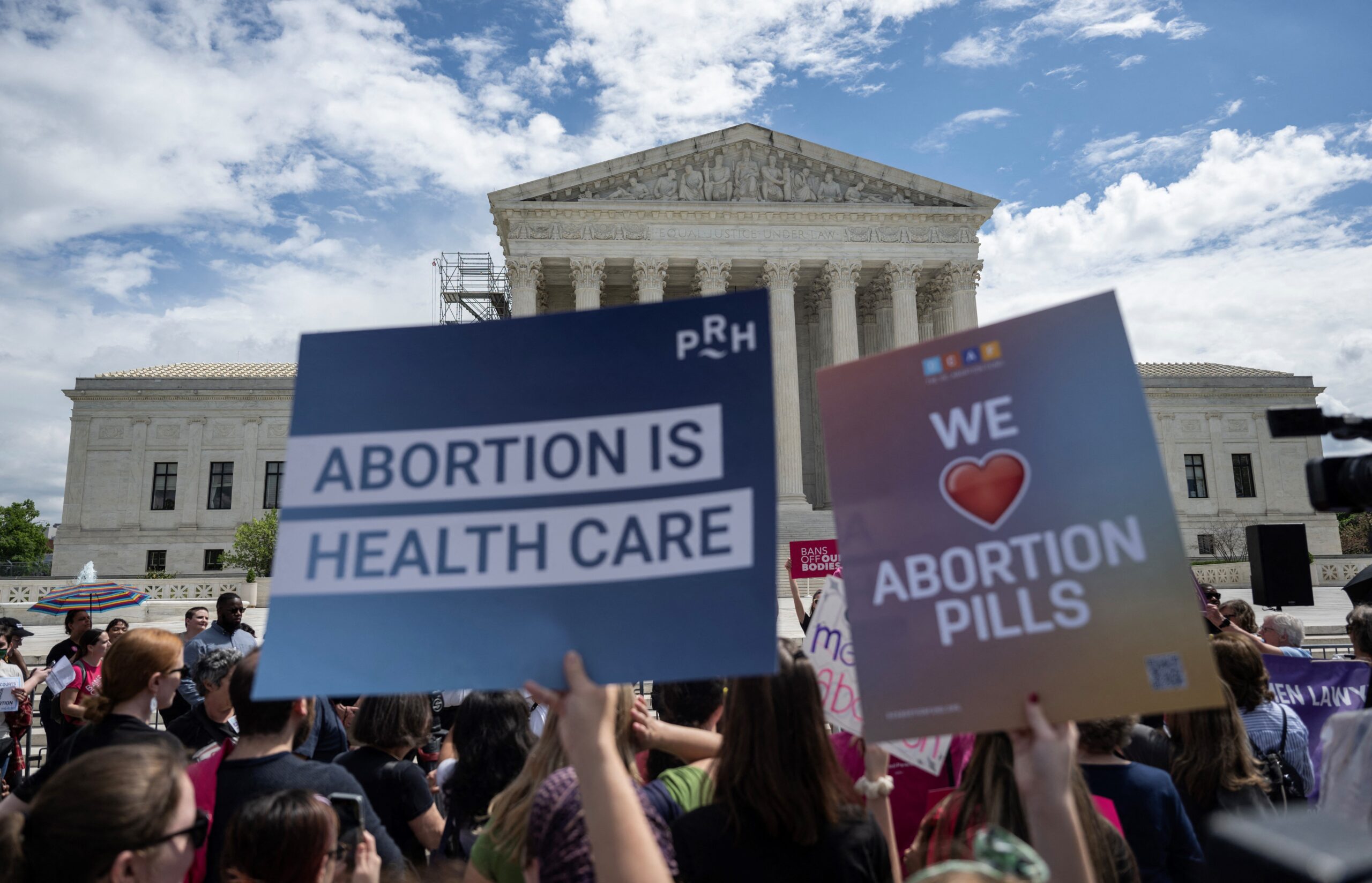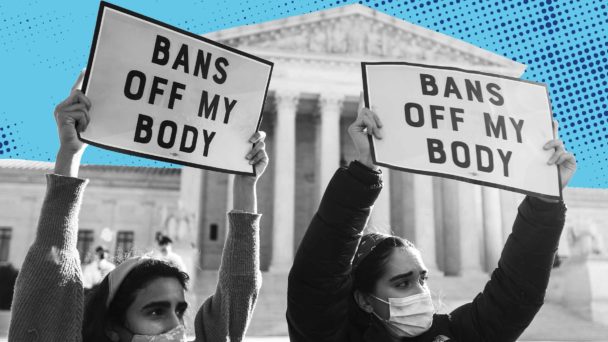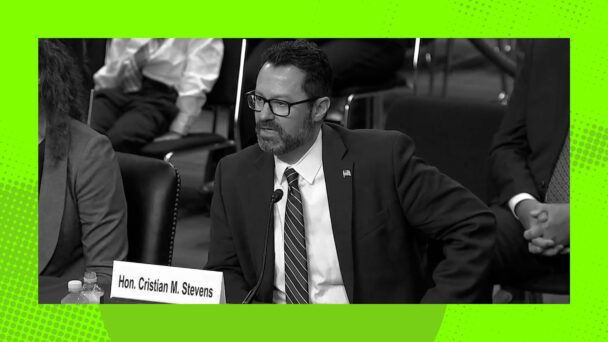Kate Cox, a 31-year-old mother of two in Texas, was thrilled to learn in August 2023 that she was pregnant again. But the excitement she and her husband felt turned into grief as blood tests and ultrasounds revealed multiple deadly fetal defects: the fetus would almost certainly pass in utero, be stillborn, or die just days after birth. Kate’s health was at serious risk too. Because of her medical history, she faced uterine rupture, hysterectomy, and other complications that could make her unable to carry a third child in the future—or even threaten her life—if she did not receive an abortion immediately. But she could not get an abortion immediately, because she lives in Texas.
There was a fleeting moment when Kate did have the state’s blessing. It’s absurd that she had to ask the government for permission to end her pregnancy in the first place. But a local trial judge entered an order on December 7 allowing her to do just that upon finding that her circumstances met the law’s medical exception. Specifically, Kate’s physician, Dr. Damla Karsan, indicated that she “believes in good faith, exercising her best medical judgment” that an abortion was “the best medical option to preserve Ms. Cox’s life, health, and fertility.”
Within hours of the trial court’s order, however, Texas Attorney General Ken Paxton personally intervened to make sure Kate’s life and liberty remained at risk. He announced that the order “will not insulate hospitals, doctors, or anyone else, from civil and criminal liability for violating Texas’ abortion laws” and “is no substitute for medical judgment”—nevermind the fact that Paxton was setting aside the medical judgment of Kate’s physicians and, worse still, threatening to prosecute them for it. Kate was forced to flee the state on Monday in order to receive the healthcare she desperately needs.
The Texas Supreme Court issued an opinion late Monday night proving that she made the right call. Like Paxton, the court paid considerable lip service to doctors’ “exercise of reasonable medical judgment” to determine if a pregnant person would be at risk of death or substantial impairment of a major bodily function without an abortion. It claimed that its ruling “does not block a life-saving abortion in this very case if a physician determines that one is needed under the appropriate legal standard, using reasonable medical judgment.” But it concluded that Kate’s doctor “could not, or at least did not, attest to the court that Ms. Cox’s condition poses the risks the exception requires” and said the trial court made an error by applying “a different, lower standard instead of requiring reasonable medical judgment.”
This is, in a word, bizarre. Dr. Karsan confirmed her best medical judgment that Kate risked death or substantial impairment to her reproductive functions without an abortion. And the trial court explicitly referenced Dr. Karsan’s “good faith belief and medical recommendation.” Yet, inexplicably, the state’s high court seemingly regarded this as different and inferior to a reasonable medical judgment. The Texas Supreme Court either lied or tortured the English language beyond recognition. And the result is, your medical care is dictated by some guys whose only medical experience is watching Grey’s Anatomy.

Pictured: A request for human rights. Not pictured: A functioning judiciary.
The court’s conclusion makes vanishingly little sense as a matter of fact and law. But it makes perfect sense as a matter of power and control.
In Dobbs v. Jackson Women’s Health Organization, Republican justices on the Supreme Court took reproductive control away from women like Kate and handed it over to men like Ken Paxton and John Devine, a justice on Texas’s high court who has boasted about getting arrested dozens of times for “rescuing”—read: harassing—people at abortion clinics. (Devine is up for reelection next year, for what it’s worth.) Kate Cox’s story is horrific, but grimly unexceptional. When anti-abortion activist attorneys occupy seats of government power, and there’s no Roe establishing the floor of abortion protections, the right to terminate a pregnancy collapses. The casual cruelty is revealing: it proves that purported exceptions to abortion bans don’t actually exist.
The court’s decision in Kate’s case demonstrates an astonishing lack of attachment to not just empathy, but evidence and logic. Kate’s pregnancy was nonviable, it was a danger to her own health, and her doctor confirmed that an immediate abortion would be the best medical treatment. There is no baby to save—only parents to traumatize. That these facts apparently failed to qualify for a medical exception suggests that nothing will actually satisfy the court.
What could Kate, her doctor, and attorneys have done differently? Should Kate not have had a third child? Should she suffer through a stillbirth or watch her newborn die? Should doctors lie so they don’t get prosecuted for doing their jobs?
Kate Cox is alive and not in jail today despite the best efforts of Republican judges. She had the resources and support to get out of the state while there was still time. But there are more Kate Coxes all over the country facing legal peril every day because Republicans commandeered their reproductive systems. They can’t all leave their homes, nor should they have to.




